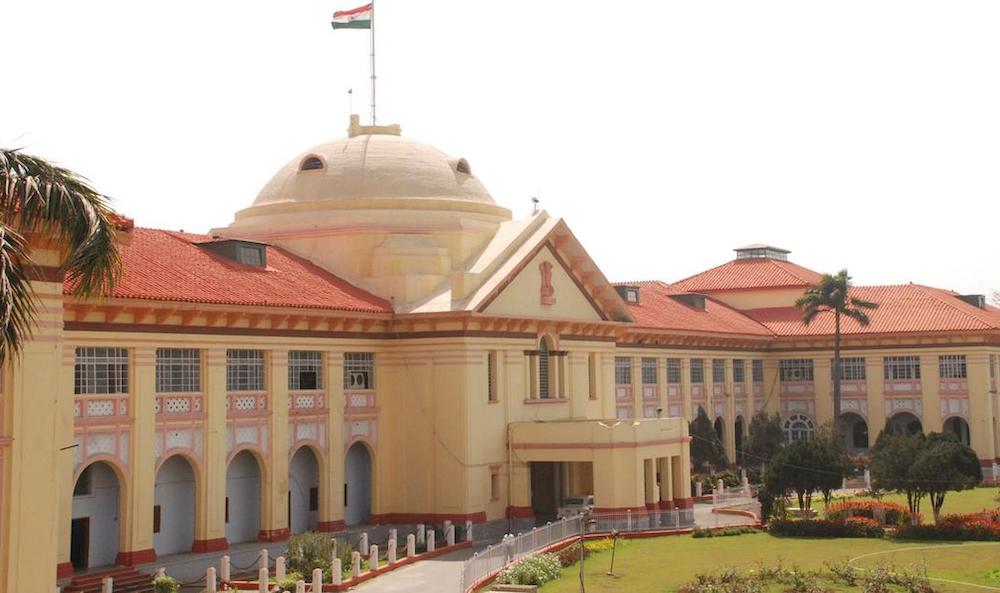LI Network
Published on: January 7, 2024 at 13:30 IST
The Patna High Court has acquitted five individuals involved in a murder case, criticizing the police for coercing witnesses to solve the mystery surrounding two murders.
The Court addressed a set of appeals filed by the accused against the judgment of conviction delivered by the Sessions Judge, Begusarai.
In a Division Bench led by Justice Ashutosh Kumar and Justice Nani Tagia, the Court remarked, “It seems that the appellants might not have had a good reputation in the area, leading to an effort to resolve the two murder cases by influencing the witnesses. The withholding of crucial information by the father-in-law and daughter-in-law, citing fear, is not acceptable. Interestingly, this fear seemed to dissipate only after the arrest of two of the accused, which is quite peculiar.”
The appellants were convicted under Sections 302 and 34 of the Indian Penal Code (IPC) by the Trial Court, sentenced to life imprisonment.
However, the High Court questioned the integrity of the police investigation, mentioning that a hastened investigation was conducted after two bodies were found, seemingly shot.
The Court noted, “The narrative appears entirely unbelievable and seems to have been constructed by the police to conclude the investigation hastily. This story emerged after two appellants were arrested in connection with a different case. This action by the police appears as an audacious attempt to manipulate the investigation in an unprofessional manner.”
Additionally, the Court highlighted the lack of inquiry into the deceased individuals’ relationship with the informant’s family, deeming it crucial. It pointed out the absence of blood marks at the location where the bodies were discovered, casting doubt on the events.
Furthermore, the Court criticized the prosecution for its inability to substantiate the case, citing the conviction of the appellants based on conjecture from one witness, supported by the unprofessional conduct of the police.
The Court concluded that the evidence regarding the appellant’s location near the deceased, analyzed from the C.D.R., was inadmissible under Section 65B of the Indian Evidence Act, 1872, and did not strengthen the prosecution’s case.
Consequently, the High Court allowed the appeals, overturning the convictions of the appellants.

